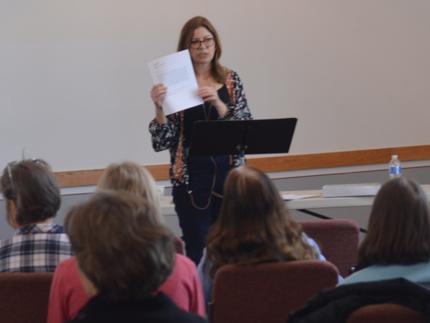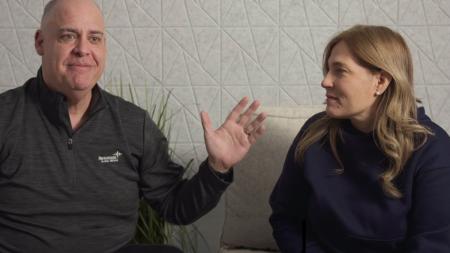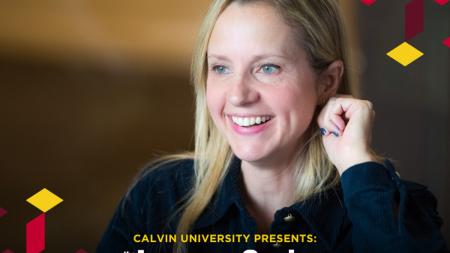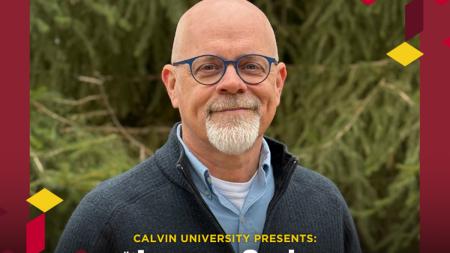Safe Church Conference a Success

“Joyce joined Everytown CRC after a challenging season in life,” begins a case study discussed at the latest Inter-Classis Safe Church Conference. The case study continued, “After a year of attending the church, she joined the art team and felt more connected than ever. The church prided itself on creating vibrant worship through the arts, and they had recently hired an art director. . . . Soon this art director (who was married) invited Joyce to 1:1 meetings so they could work together on some ambitious projects. He loved to create spaces where others could be themselves and would emphasize that it was okay to be vulnerable.”
Case studies such as this were a key part of the conference designed to equip churches and church leaders to prevent and respond to abuse within their communities.
Almost 60 people from across Ontario and Michigan gathered at Waterloo (Ont.) Christian Reformed Church on March 4 for the event. The annual conference was able to meet in person again after a two-year pause resulting from pandemic-related restrictions.
In a plenary morning session, participants heard an update on ongoing Safe Church work in the Christian Reformed Church in North America from Amanda Benckhuysen, a Safe Church adviser for CRC congregations. Afterward a selection of four workshops was offered in morning and afternoon sessions.
Presentations and discussions included topics such as repentance and accountability as steps toward forgiveness after abuse; complexities of power, trust, harm, and abuse; responding restoratively to people who have experienced abuse or offended sexually in a church community; and a shortened version of the Abuse of Power training now required for candidates for ministry in the CRCNA.
Presenters came from a variety of backgrounds, including the Mennonite tradition; Christian Horizons, a community and support organization that serves people with developmental disabilities; Safe Church; and Community Justice Initiatives.
Resources were available to participants in workshops and displayed in the main hall of the church during the conference. In some workshops, participants spent time in groups to discuss hypothetical reality-based scenarios and responses such as the case study above. They discovered together what could be done differently to create better outcomes for every person involved. Participants in the Abuse of Power workshop received resources such as power audits, a 10-point boundary-setting test, a proposed code of conduct, notes on restorative practice, and guidelines for handling abuse allegations against a ministry leader.
One participant commented that the event’s presenters were “great speakers,” saying, “I liked how they engaged the audience.” Another noted that the information presented was very useful to them as a member of a church council. Yet another participant said they appreciated that they were given a lot of information they could take back to their home church community. Atie Ott, part of the organizing team, noted that the feedback forms included many encouraging comments and an average rating of 94 percent approval.
Heavy snowfall and some freezing rain the night before the event resulted in traveling difficulties for some people who had registered. “We had 21 cancellations from people who either could not get out of their driveway or did not feel comfortable driving,” said Ott. Still, 57 of the 78 who had registered were able to attend, she said – “which is amazing, given the weather conditions. . . . It speaks to the desire and need for face-to-face events after years of only [online] events.”


